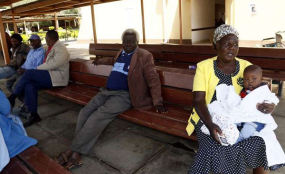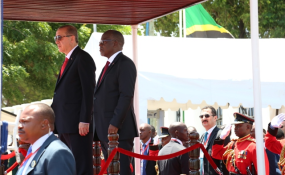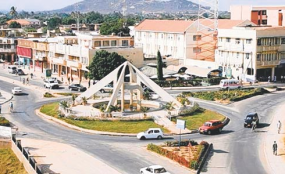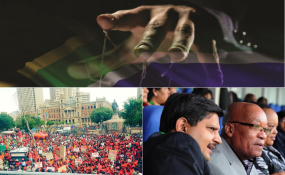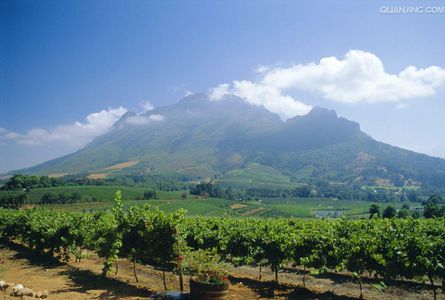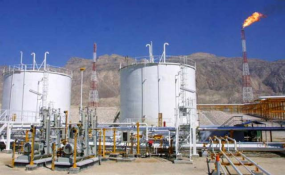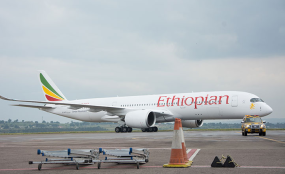By Stanley Akpunonu
In a renewed effort to stem the tide of illegal operations, prevent the sale of unwholesome meat and improve hygiene conditions in abattoirs in Lagos State, no fewer than 24 butchers and cattle marketers have been arrested for offences bordering on illegal operations in a weekend clampdown carried out against illegal abattoirs, slaughter slabs and cattle markets by the state government.
The Commissioner for Agriculture, Mr. Oluwatoyin Suarau, told journalists that the exercise was carried out in Ikorodu and Badagry by the State Monitoring, Enforcement and Compliance Unit on Abattoirs and Slaughter Slabs, Stray Animals, Meat and Live Cattle Transportation and Regulation of Veterinary Premises.
He added that beside the 24 butchers and cattle marketers who were arrested for illegal operations, large chunk of unwholesome meat being processed with dirty stagnant water alongside live cattle were impounded during the raid.
According to a statement by the Assistant Director, Public Affairs, Ministry of Agriculture, Tunbosun Ogunbanwo, 10 butchers were arrested from illegal abattoirs by the enforcement team in Owutu Ikorodu while 14 butchers and marketers were arrested in the Badagry axis.
He said: “The operation in the Badagry axis affected illegal slaughter slabs at Seme J5 Zongo, Iya Afin and Ajara; and illegal animal markets at Iberekodo, Limka and Toll Gate.”
The Commissioner, while stressing the need for monitoring, enforcement and compliance in the red meat value chain business, added that the effort will help prevent spread of diseases, promote data collection for planning, promote good animal welfare and make Lagos a safe place for all inhabitants by discouraging environmental pollution and health hazards.


